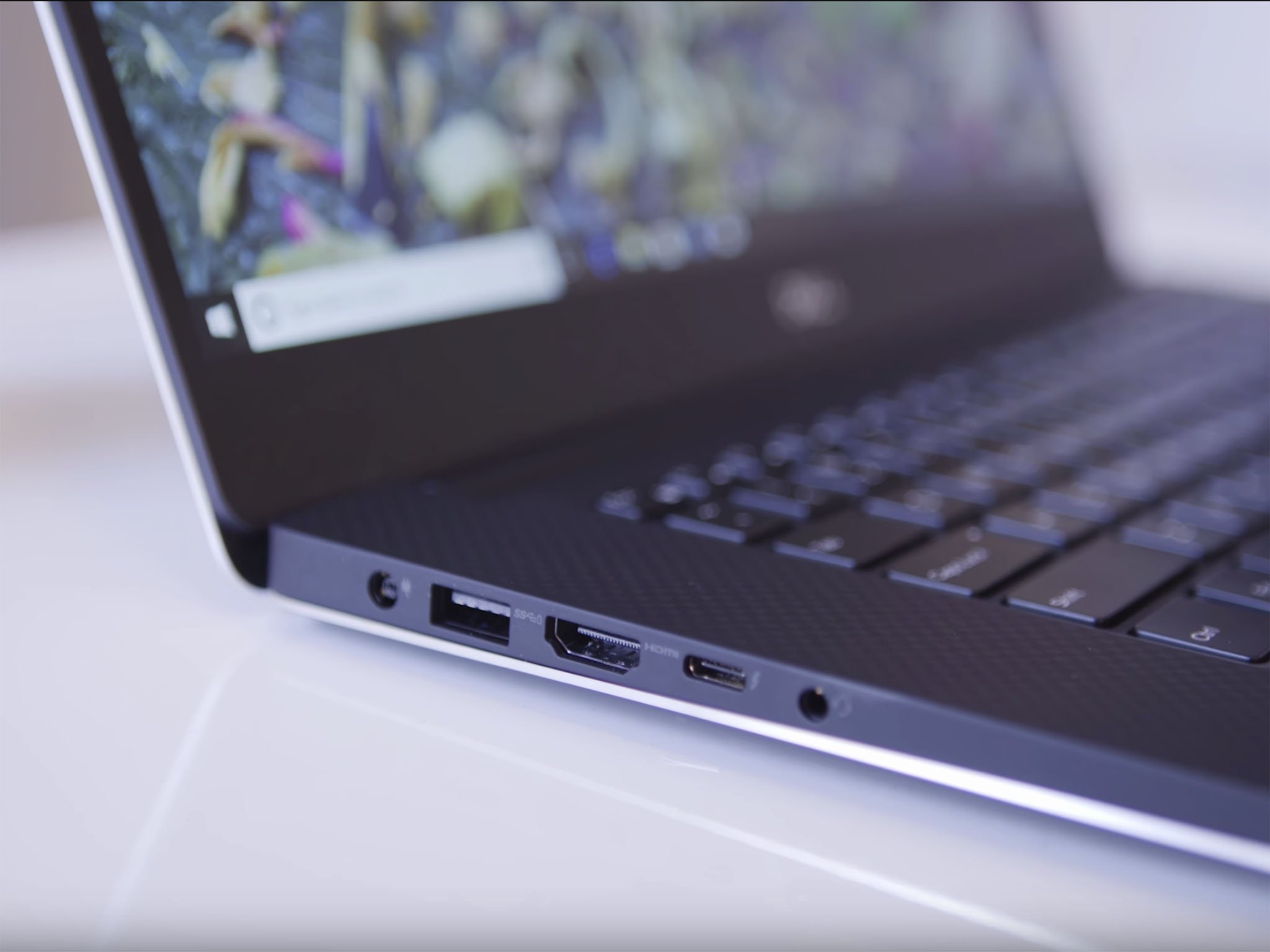How your PC can help combat coronavirus (for real)
You can donate your computer's processing power to help develop therapies for the coronavirus.

What you need to know
- Folding@Home is joining several other researchers in the fight against the coronavirus (COVID-19).
- Folding@Home utilizes the processing power of people's PCs who agree to donate their PC's unused power.
- The joint effort works to "accelerate the open science effort to develop new life-saving therapies."
Updated March 12, 2020: Folding@home completed its initial quality control and limited testing phase. Following initial tests, it released an initial wave of projects simulating "potentially druggable protein targets" from the virus that causes COVID-19 (SARS-CoV-2) as well as the related SARS-CoV virus. Folding@home explains in an updated blog post how these projects help researchers understand how coronaviruses interact with the human ACE2 receptor.
Folding@Home announced that it's joining the fight against the coronavirus (COVID-19) today. The organization asks people to donate their PC processing power to compute solutions to complex problems, including issues related to the spread of the coronavirus. Folding@Home states that the donated computational resources will go to researchers who are "working to advance our understanding of the structures of potential drug targets for 2019-nCoV."
Folding@Home asks people to donate their computer processing power through the Folding@Home program. The combined processing power of several computers can compute complex tasks. In the case of the coronavirus, the processing power would be used to help understand the structure of the viral spike protein that allows the coronavirus to bind to humans' ACE2 receptor. Folding@Home explains the process well in a recent post:
Proteins are not stagnant—they wiggle and fold and unfold to take on numerous shapes. We need to study not only one shape of the viral spike protein but all the ways the protein wiggles and folds into alternative shapes in order to best understand how it interacts with the ACE2 receptor, so that an antibody can be designed.
The computational models required to do this work need a lot of power, so combining PCs together can get work done more quickly.
How to clean and disinfect your laptop the right way
It's important to remember that while you might donate otherwise unused processing power from your PC, that your PC will use more power when running Folding@Home. When setting it up, you'll also want to make sure you select the installation method that you prefer. Selecting 'Express Install" will make the program automatically run when you turn on your PC. You can choose other options through the custom install option.
All the latest news, reviews, and guides for Windows and Xbox diehards.

Sean Endicott is a news writer and apps editor for Windows Central with 11+ years of experience. A Nottingham Trent journalism graduate, Sean has covered the industry’s arc from the Lumia era to the launch of Windows 11 and generative AI. Having started at Thrifter, he uses his expertise in price tracking to help readers find genuine hardware value.
Beyond tech news, Sean is a UK sports media pioneer. In 2017, he became one of the first to stream via smartphone and is an expert in AP Capture systems. A tech-forward coach, he was named 2024 BAFA Youth Coach of the Year. He is focused on using technology—from AI to Clipchamp—to gain a practical edge.
